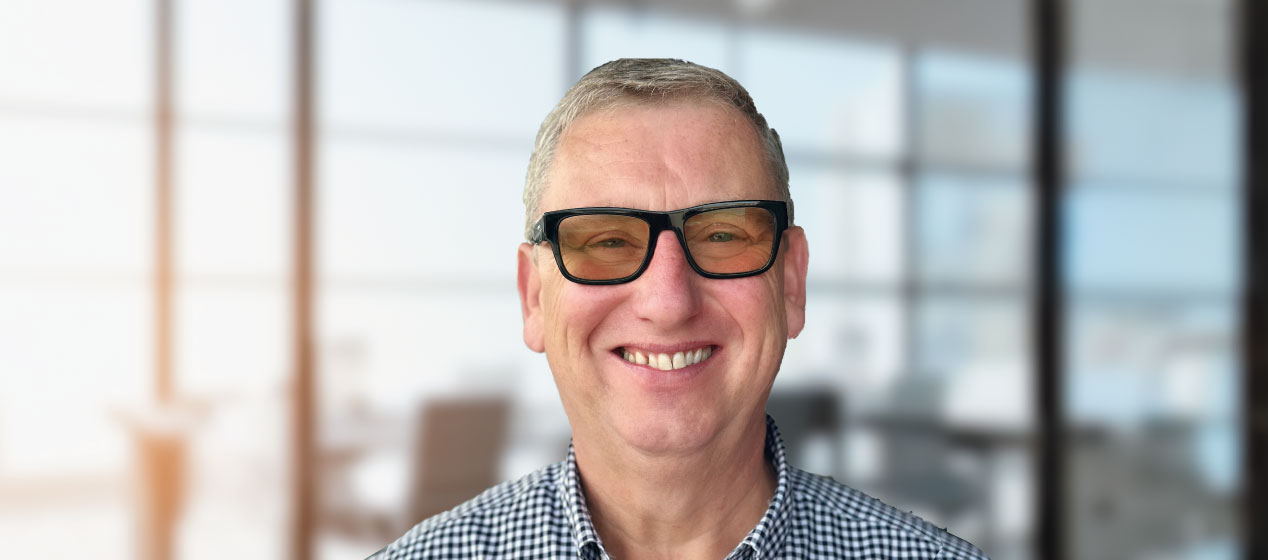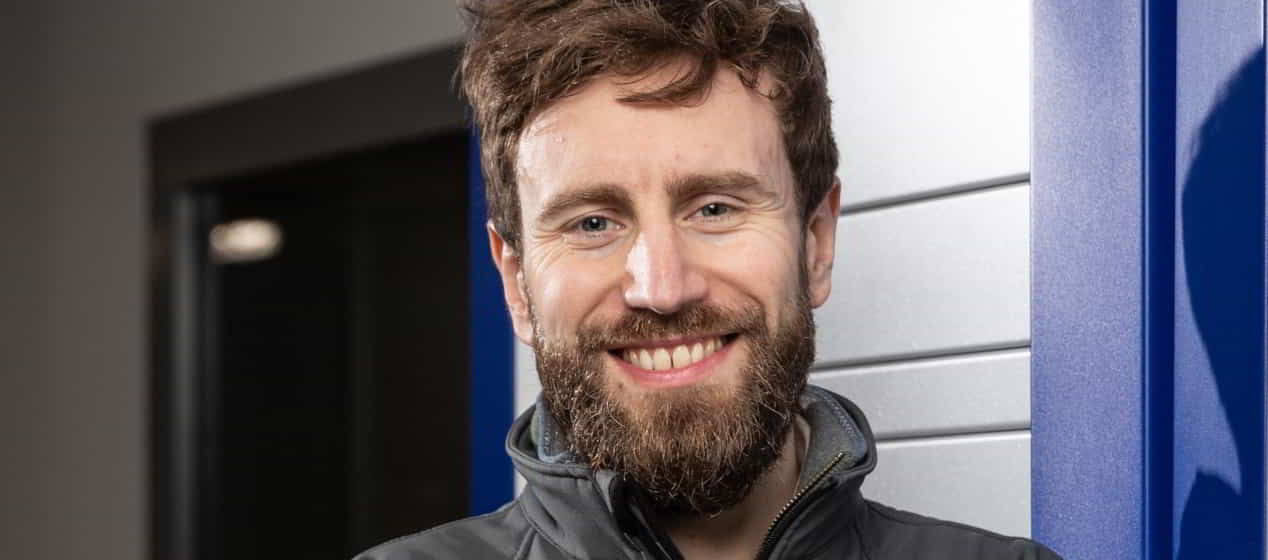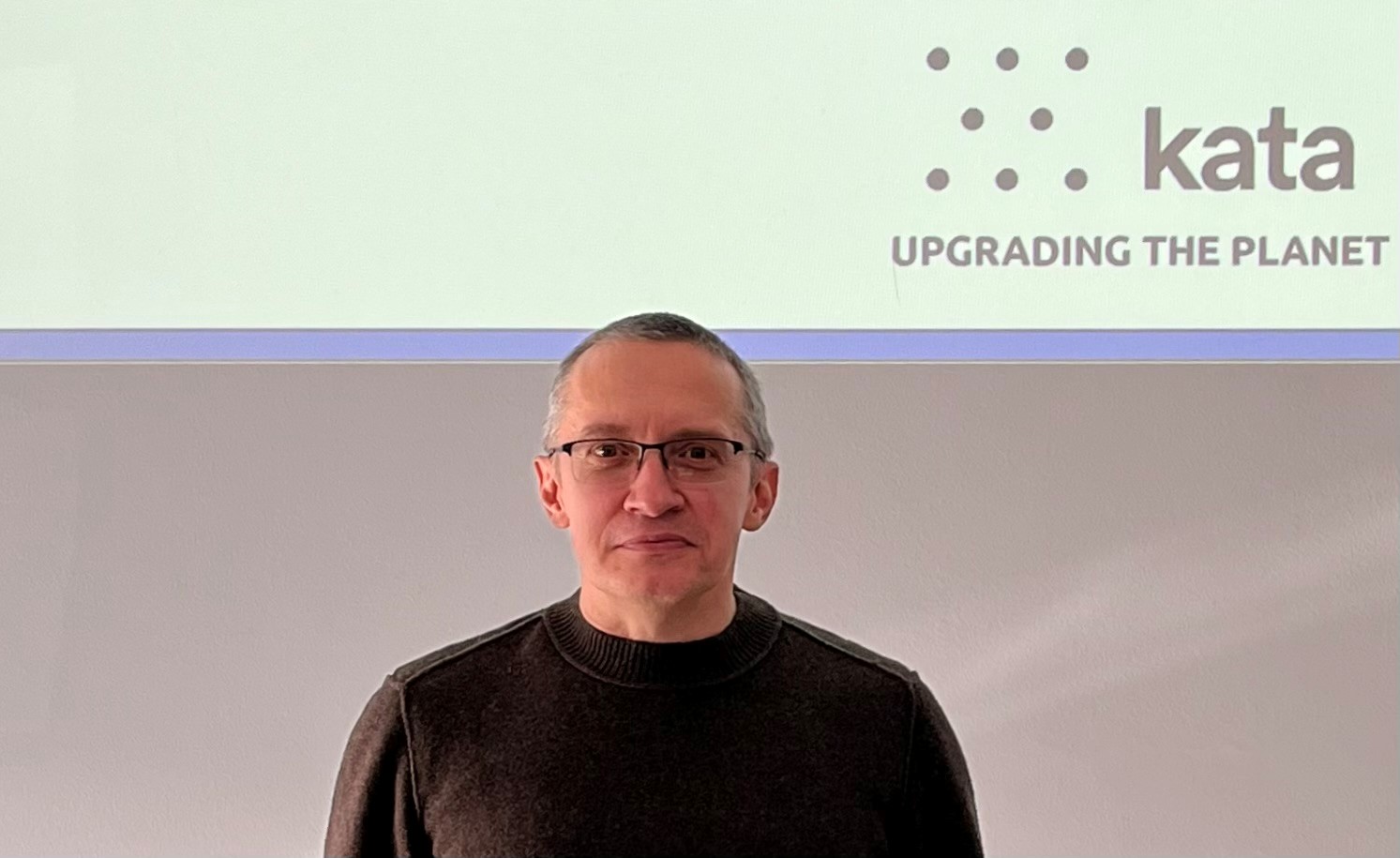NEOL’s expert interviews: Paul Whiting
Author: NEOL
Pioneering a more sustainable future, Paul Whiting, CEO of Delta-Xero, sat down with NEOL to discuss the inspiration and challenges behind his innovative oil filtration technology. Here, he delves into Delta-Xero’s mission to create a more sustainable future with its patented nano filtration technology.
Paul highlights the key problems Delta-Xero’s solutions aim to solve, including reducing maintenance costs, oil consumption, and carbon footprint, while increasing equipment uptime by achieving full fluid cleanliness.
Throughout the conversation, Paul discusses Delta-Xero’s collaborative efforts with NEOL and his outlook on the future of lubricants. Join us as we learn the importance of advanced lubricant management.
Q: Hi Paul! Can you start by telling us about Delta-Xero? What inspired you to start the company, and what is your core mission?
Paul: The innovation behind Delta-Xero began with a simple question: “Why are people still changing oil?” This question, which I considered for many years, led me to explore the broader inspiration for the project. The driving force was the desire to make the world a better place. While this goal might seem generic, it becomes more meaningful when you consider the lack of sustainability in current oil practices, and the significant public concern surrounding it.
Q: What were the key challenges you faced when starting Delta-Xero?
Paul: The biggest challenge was launching Delta-Xero – it took a year longer than originally planned. This was mainly because I wanted to use recycled material, which took an extra year of research and development. That was a real hurdle to overcome. However, we accomplished it in 2018, using 100% recycled material for the solution itself, which was so important. The difference it made in terms of reducing companies’ carbon footprint was hugely significant.
The second challenge was making people understand what we are capable of doing. It has taken another six years for that to happen, and we are just getting recognition in the last six months from some of the major oil companies.
Q: What makes Delta-Xero uniquely positioned in the industry?
Paul: Our strength lies in our core values, and behind those are our staff, and how we have dedicated the company to being sustainable whilst manufacturing the filtration solutions that we do. A significant factor has been the need to reduce the maintenance of machinery. The availability of skilled maintenance workers, since COVID, has lessened the world over. If we can reduce the number of mechanical breakdowns caused by oil contamination—since up to 80% are due to this issue—we can simplify operations and significantly reduce the amount of oil needed.
The main value that we bring as a proposition is extending the lifecycle of fluids and improving overall system efficiency and reliability by up to 80%. By using our fluid conditioning systems, significant reduction in oil consumption is huge, and while some traditional companies may have been resistant at first, they are now adopting it for the right reasons. This shift is a positive development for us.
Q: In what ways do you see the industry evolving over the next five years, and how is Delta-Xero preparing for these changes?
Paul: Over the past year, we have seen major companies rapidly shift their focus towards sustainability, and I expect this trend to continue over the next five years. More and more companies will look to prioritise oil recycling, rather than discarding or burning it.
In preparation for these changes, we are advancing Delta-Xero innovations. We are currently developing a new system that can restore oil to its original state for reuse and re-additising, aligning with the industry’s growing emphasis on sustainability.
We are also continuing to enhance our existing innovations, such as our capillary technology, which uniquely removes contamination while preserving additive packages. After three years of perfecting this technology, we aim to continue demonstrating our unique capabilities and solidify our position in the market. We are committed to maintaining our core values and global recognition, having already expanded into 52 countries.
Q: Can you touch on the specific challenges related to lubricants in your industry?
Paul: The industry has come on leaps and bounds in the last five years considering seven years ago, people didn’t know what varnish was. People didn’t know there are advanced lubricants out there that can enhance what they actually do, so there was no interest.
Whilst we have seen an increase in awareness of lubricant benefits over the past five years, there is still a need to educate the UK market when it comes to buying good oil with the right additive package. We find that it’s significantly easier in the US and some other places. For example, in Singapore, the population tends to be more educated about the requirements involved.
Of course, we also need to ensure these types of lubricants are available. NEOL has done exactly that.
Q: What role does sustainability play in your offerings, business development and strategy?
Paul: Sustainability is a central aspect of our offerings. Our mission aligns closely with NEOL’s; the focus on extending the lifespan of oil and machinery through innovative products. The critical challenge we face is that there is no ‘Planet B’—we must make the most of the resources we have now and maintain them throughout their lifecycle.
Sustainability is a core value of our company, which is why we prioritise manufacturing stainless steel. This choice ensures durability and minimises the need for replacement over many years. For us, reducing carbon emissions is a major priority.
Q: In a recent collaborative project with NEOL, you filtered a fresh sample of an ash-free oil which contained NEOL’s copper additive. What did you expect to find and did anything surprise you? What is next for Delta-Xero and NEOL?
Paul: NEOL and Delta Xero share a unified vision for sustainability, with aligned goals. We conducted tests on NEOL’s oil to evaluate its compatibility with our technologies, and the results were promising. The oil proved to be compatible, the filtration process was effective, and the copper remains within the additive package. I am confident that we have a collaborative future ahead, with various projects spanning multiple industries that we can explore further.

